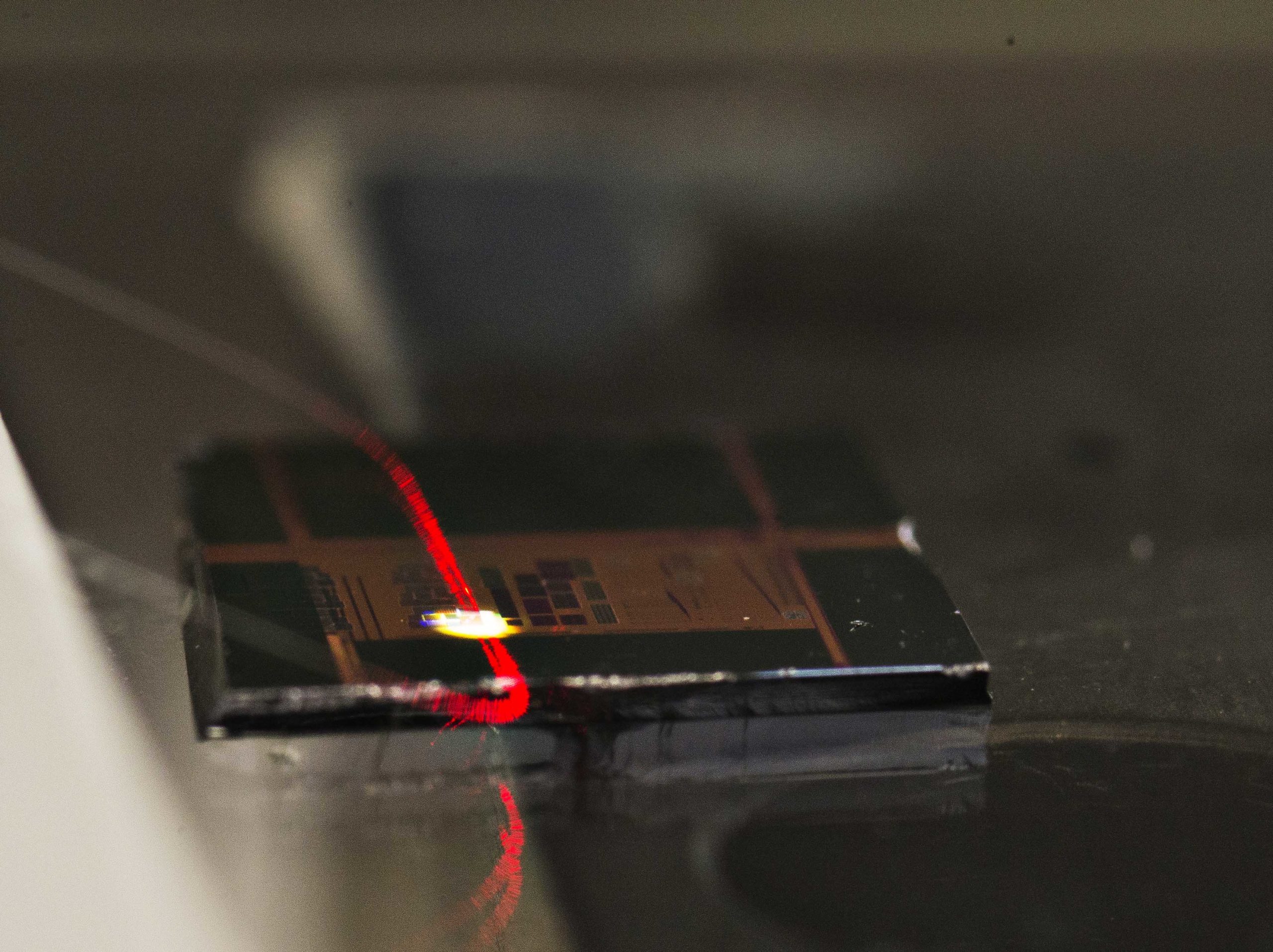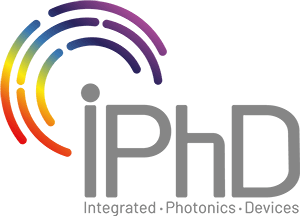March 15, 2022 Photonics research at iPhD contributes with technologies in the biomedical field
Development of technologies for medicine is one of the main achievements in terms of new studies in optics

Among several applications, Photonics has achieved important developments in the biomedical field. Especially in the context of the COVID-19 pandemic, research partnerships have become central to the progress of medicine. New technologies will enable fast and accurate virus detection processes employing integrated and low-cost platforms– this is a very optimistic scenario, according to doctor Lucas Gabrielli, professor at Unicamp University, researcher of the thematic project “Integrated Photonic Devices” (iPhD).
According to professor Gabrielli, an important path for further studies is the work with the concept of the laboratory on a chip (lab-on-a-chip), which will allow cheaper diagnoses, without the need for infrastructure or specialized personnel, as already seen currently in more complex analysis. These works are based on resonant optical biosensors with high tolerance to thermal variations, which would greatly increase the testing capacity field.
“In recent decades, we have seen the emergence of diagnostic biosensors with sensitivity to detect even individual molecules”, exemplifies the professor. “In practice, this would allow the identification of specific cells or antibodies, for example, in very small samples of blood or saliva, manifesting in the very initial stages of the disease”, says Gabrielli. Additionally, to the advantages of early detection, nanophotonic biosensors bring solutions with attractive cost, not demanding laboratory infrastructure, with extended access, even to remote areas.
Photonic resources
Through specific properties of light, it is possible to increase data transmission speed even over large distances. These very same properties can be investigated to help understanding the biological functions of living beings and to modernize technology for medical applications.
At Unicamp, part of the iPhD research evaluates the integration of photonic systems with new biomedical applications, such as imaging. Professor Gabrielli points out that Unicamp’s laboratories are set to explore the medical applications of Photonics with state-of-the-art technologies. “Our infrastructure is equipped with modern devices, such as fast tunable laser sources, high-sensitivity infrared cameras, spatial light modulators and all the components necessary for the high-precision alignment and control of optical systems”, describes Gabrielli.
Photonics tradition with a focus on Biomedicine
Emission through optical fiber reveals specific properties, such as free flow, without interference, and the transmission of different data within the same conductor. Such attributes are studied in Quantum Physics and enable important developments for the detection of viruses and blood markers for various diseases. At Unicamp, for example, research is conducted in the so-called multimodal systems, which allow different light modes to propagate independently of each other. “In the future, we will be able to employ different modes of propagation to detect different markers or particles in a multiplexed system, facilitating the integration of several kinds of analyses into a single chip. That way, a diagnosis that today depends on large and complex lab equipment, might be soon performed by a single compact handheld device. This is one of our visions at iPhD”, informs the professor.
Other applications of the research infrastructure of iPhD are promising for demands of other biomedical areas. “There is a huge interest in the use of photonic chips and microstructures for diagnosis imaging, for example, in real-time microscopy, with subcellular resolution and in the development of micrometric sensors and actuators for in vivo endoscopy”, exemplifies professor Gabrielli.
The leading work in biomedical research at Unicamp, holding a historical benchmark in Brazil, began in the 1970s. Under the supervision of scientists from the University, the first laser eye surgery in the country took place at the Penido Burnier Institute, in Campinas, with successful results. The pioneering marked the trajectory of research in biomedical Photonics at the institution.
According to professor Gabrielli, in the future, developing ophthalmic prostheses could also be greatly impactful. He mentions the perspective of treating certain types of retinal degeneration: along with new research, science would turn possible to bring back vision to people suffering from these deceases.



